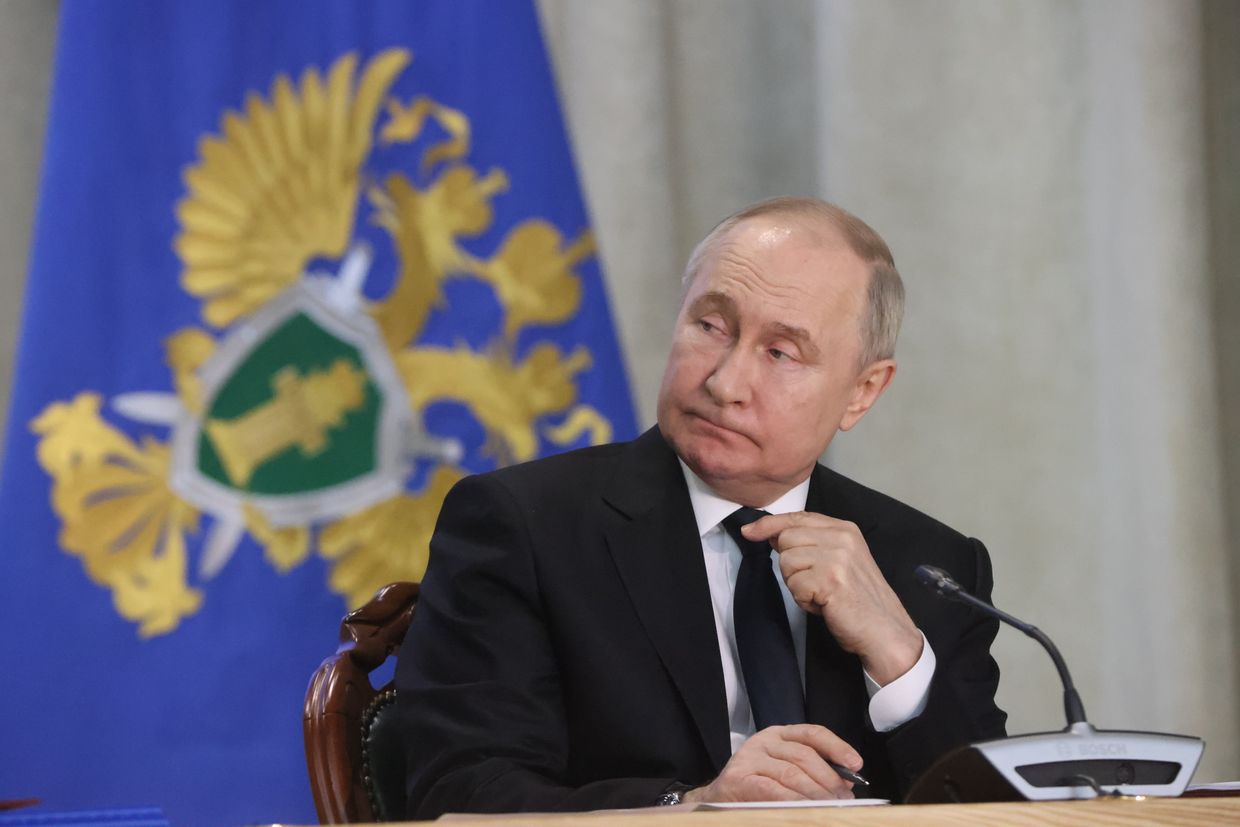WSJ: Russia using cryptocurrency to avoid sanctions

Russian smugglers are using the cryptocurrency tether to circumvent Western sanctions and purchase weapons and drone parts, the Wall Street Journal (WSJ) reported on April 1.
Western countries have launched several rounds of sanctions against Russia and individuals associated with President Vladimir Putin since the beginning of the full-scale invasion in hopes of depleting the resources and sources of revenue fuelling the war.
According to the WSJ, Russian intermediaries have turned to tether, which is pegged to the dollar and is one of the most-traded cryptocurrencies, to buy weapons and parts for Russia's defense industry.
Tether has become "indispensable" for Russia's war machine because users can stay relatively anonymous, as opposed to regular banks.
Importers typically "make transfers in rubles into Russian bank accounts operated by middlemen who convert the rubles into tether and pay out local currency to their foreign suppliers in places like China and the Middle East," the WSJ said.
One smuggler who uses tether shared with The Wall Street Journal a previous order he had fulfilled for a Russian company, a subsidiary of Kalashnikov that he did not name.
The order listed "248 types of electronic parts, including versions of a popular high-performance microcontroller called STM32, made by a Swiss semiconductor manufacturer," the WSJ said.
"Ukrainian forces have found STM32s in recovered drones produced by a Kalashnikov subsidiary called Zala Aero, including in its exploding Lancet models."
The goods were paid for in tether, supplied to Russia from Hong Kong, and shipped via Central Asia, the WSJ said.
Many electronic drone components are categorized as dual-use goods, meaning they have both military and civilian applications, making them harder to sanction.
The EU adopted a 12th sanctions package in December 2023 that targeted Russia's ability to circumvent the import restrictions of dual-use goods by sanctioning 29 new entities, including Russian companies supplying electronic components and third-country entities involved in sanctions circumvention.
The 13th EU sanctions package, adopted in February, targeted an additional 106 individuals and 88 entities, including companies from China, Serbia, and Kazakhstan, thought to be helping Russia circumvent trade restrictions.















